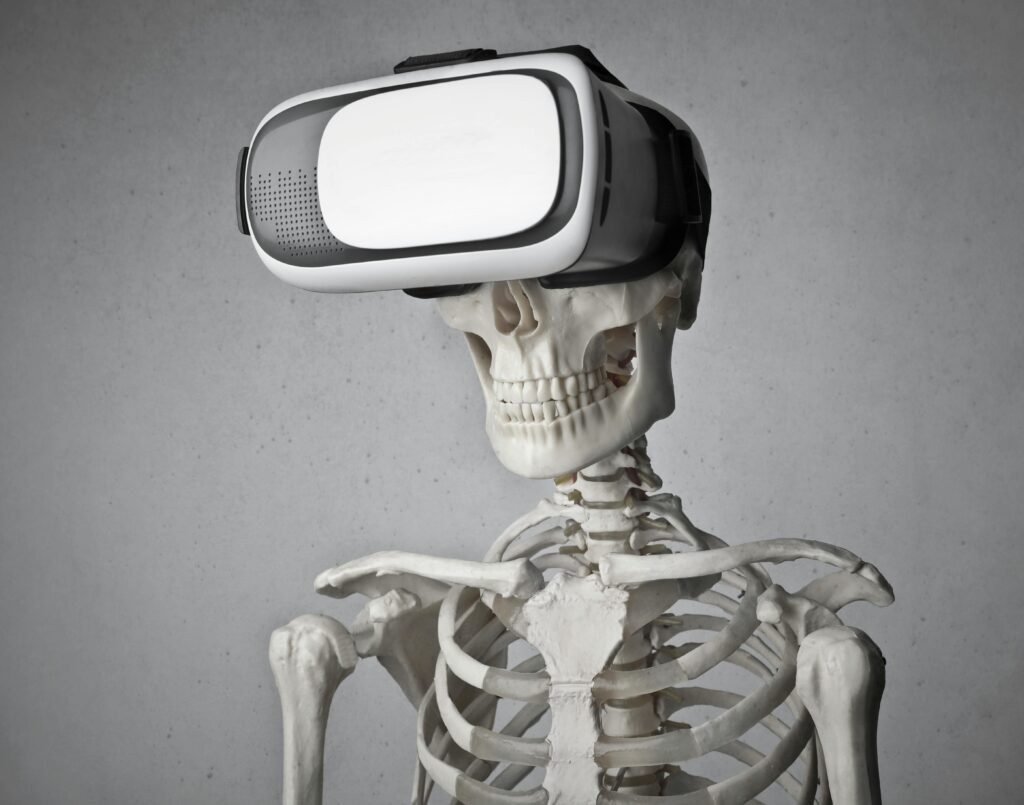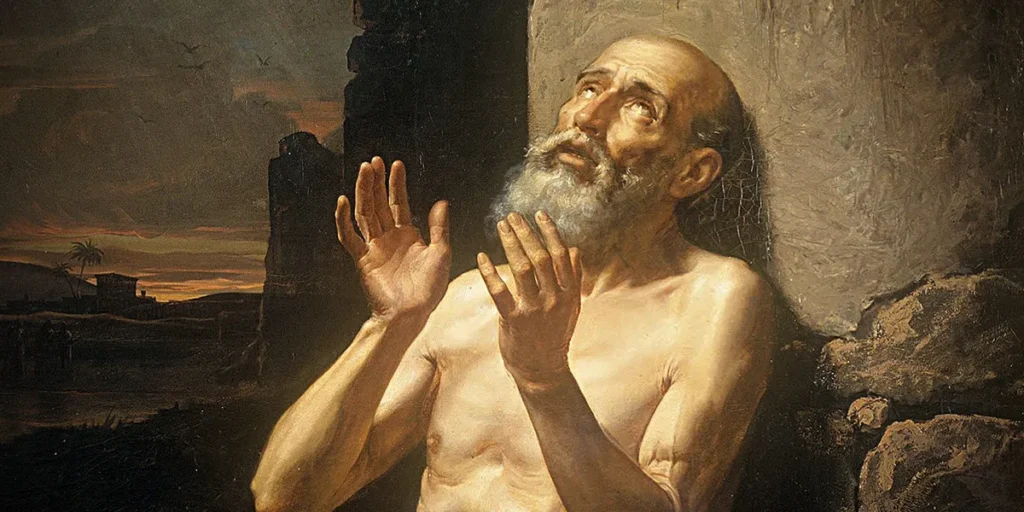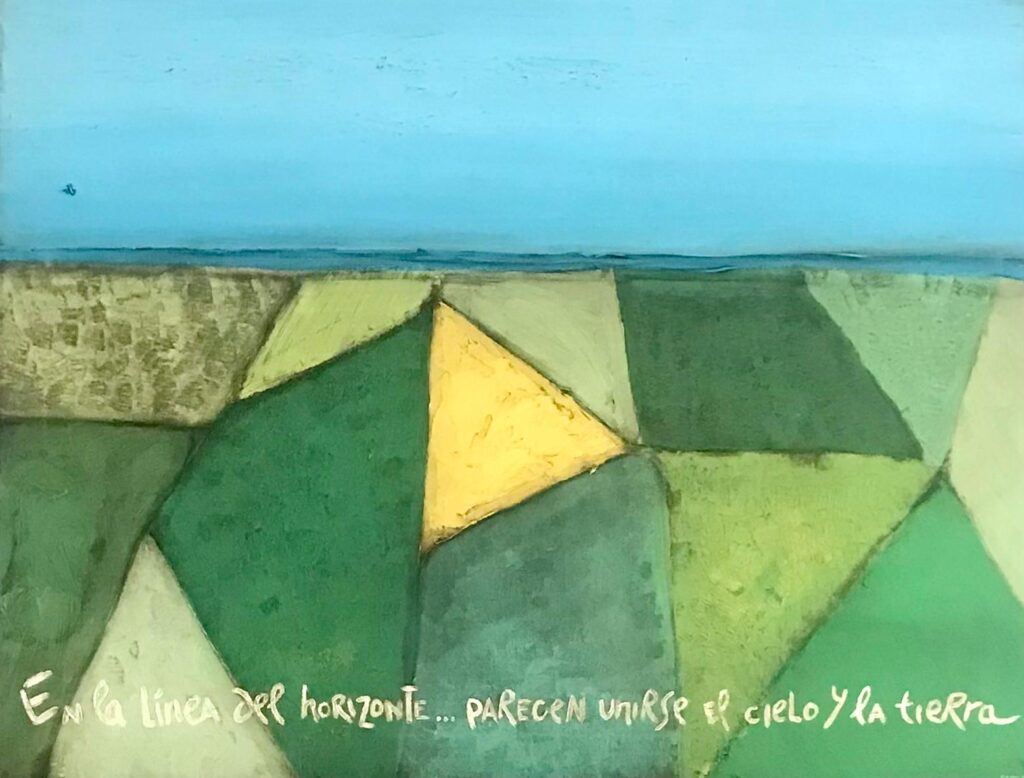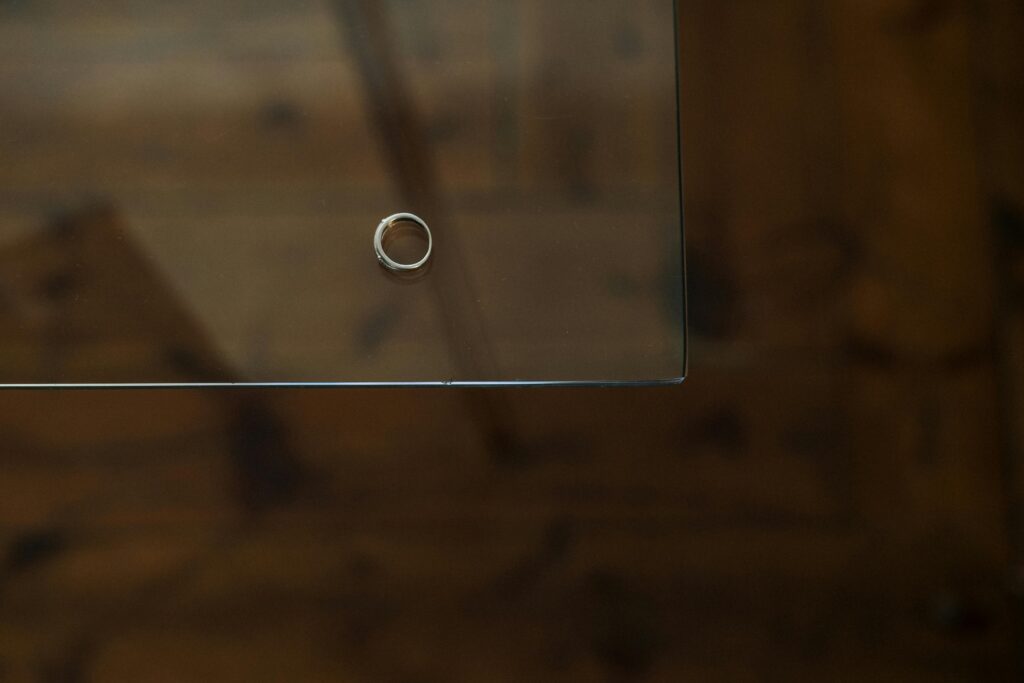Caring for people’s lives and dignity
A commitment for everyone

What is human life? It is the capacity of people to be born, breathe, develop, procreate, evolve, and die. It is the period that passes from the conception of a human being until his or her death. But this can end earlier due to illness or an accident. But we can also end it through abortion, suicide, and euthanasia. Life is a right, and living and dying with dignity is also a right, but dying is not a right.
What is human dignity? It is that special condition that every human being has by the fact of being one, and it characterises them permanently and fundamentally, from conception to death. The concept of dignity is problematic, but so is the idea of a person, as the philosopher Françesc Torralba states in his book What is human dignity? (Torralba F, 2005). Dignity is an invulnerable asset that belongs to each person; it cannot be lost but damaged. The more helpless and in need of help a person is, the greater the possibility that his or her dignity will be hurt.
But when it comes to human life and dignity, society sometimes does not behave as it should. Last month, a media outlet headlined a news story as follows: “The Government is preparing a law to protect great apes while it disregards human life.” I ask myself: Why is a bacterium considered life on Mars when a prenatal heartbeat is not considered life on Earth? Quino, the author of Mafalda, reflects the disregard for dignity very well in one of his cartoons when Mafalda sees a sign in a garden that says: “Do not step on the grass” and she wonders: And what about dignity?
A society, such as ours, that refuses to condemn acts that our common sense tells us are destructive, such as abortion, suicide and euthanasia, is a society that has lost the ability to confront evil. It is a society that deprives people of life and dignity. In 1994, Pope John Paul II said: “Our contemporary civilization threatens the life of the unborn. […] Today this threat extends equally to the elderly and the sick. Human institutions, democratically elected parliaments, usurp the right to be able to determine who has the right to life.” The writer, philosopher and politician, father of British liberal conservatism, Edmund Burke (1729-1797) already said: “All that evil needs to triumph is for good people to do nothing.” And Albert Einstein (1879-1955), Nobel Prize winner in Physics in 1921, referred to this matter when he said: “Life is very dangerous. Not for the people who do evil, but for those who sit and watch what happens.” Will we continue to do nothing, sitting and watching what happens?
Allow me, as a palliative care physician, to share some thoughts on the issue of euthanasia. We should not consider a dignified death as our only objective, because a dignified death is much more than a particular style of death, it is a broad concept, a philosophy of dying based on respect for the dignity of the person in order to preserve it until the end. The best end to a life is to die with dignity. The help that those of us who accompany them in the process of dying can offer them will be to preserve their dignity to guarantee them a serene, peaceful and suffering-free death. But alleviating the suffering of the person should not consist of eliminating the person who suffers. It is true that when the patient cannot be offered relief from their suffering, some may wish to have their death brought forward so as not to continue living in suffering. He who asks for death is actually asking for something else; he does not wish to suffer. Behind the request “I want to die” there is a background that means “I want to live or die in another way”. In my opinion, euthanasia is not a sign of civilization. The way of treating people in vulnerable situations, the way of welcoming and supporting the weak, elderly and sick, and the way of dealing with the final moments of our lives, do demonstrate the degree of civilization of our society.
I believe that in addition to a healthy society, we will be able to build a compassionate society when we are all capable of helping those who need it, preserving their life and dignity. This is a real commitment of all of us who make up this society. We must achieve a healthy and compassionate society, because it is made up of people who are in front of people and need each other. Caring for their lives and dignity is the responsibility of the whole society.
Dr. Jacinto Bátiz Cantera – Director of the Institute for Better Care – San Juan de Dios Hospital in Santurce
 (EN)
(EN)
 (ES)
(ES)
 (IT)
(IT)





